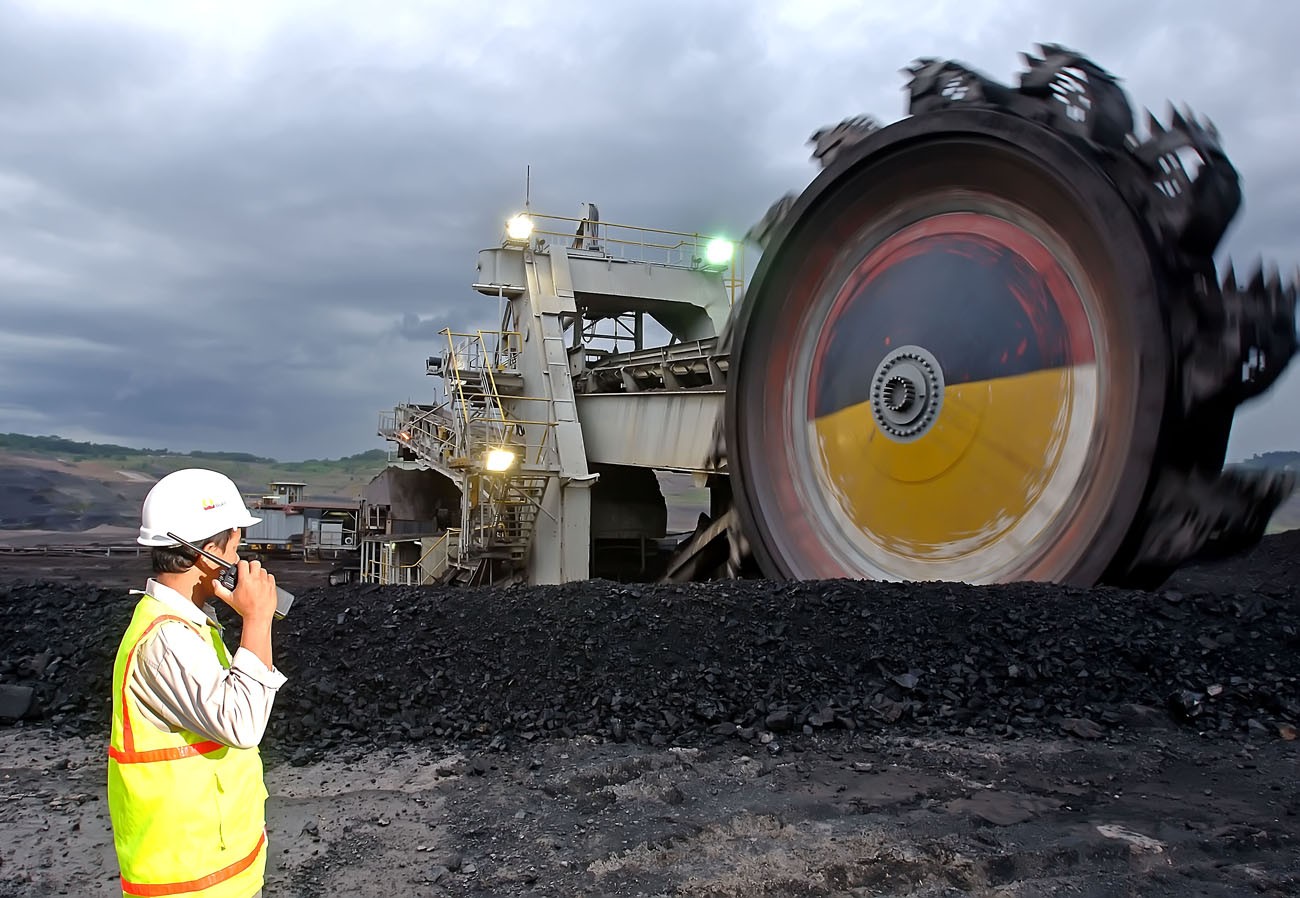Popular Reads
Top Results
Can't find what you're looking for?
View all search resultsPopular Reads
Top Results
Can't find what you're looking for?
View all search resultsBukit Asam looks to develop solar panels, downstream industries
The company has already built and operated 720 solar panel systems for Soekarno-Hatta International Airport’s operation control center in partnership with state-owned airport operator PT Angkasa Pura (AP) II.
Change text size
Gift Premium Articles
to Anyone
P
ublicly listed coal miner PT Bukit Asam is looking to expand its business into the renewable energy sector after announcing plans to install solar panel systems at existing unproductive mining sites.
The company has already successfully installed solar panels at airports.
Bukit Asam president director Arviyan Arifin said the miner had built and operated 720 solar panel systems at Soekarno-Hatta International Airport’s operation control center in partnership with state-owned airport operator PT Angkasa Pura (AP) II.
The same system will be installed at other AP II airports, he added, while the company planned to capitalize on its existing mining areas to expand its solar panel business arm if it managed to strike lucrative deals from the new venture.
“We are planning to build solar panel systems with a capacity of 100 megawatts [MW] in Ombilin,” Arviyan said in a virtual media briefing on Wednesday, referring to the company’s mining site in West Sumatra.
“Accordingly, we will need 200 hectares of land, [which] is relatively available for us,” he said.
A company document shows that the Ombilin site has a total area of 2,935 ha.
“We are now talking with PLN as a buyer of this electricity.”
Energy players in the country have started tapping into the growing renewable energy sector as concerns over environmental costs incurred by mining practices have risen, and numerous actors, including the government, are incorporating clean energy targets into their programs.
According to the Energy and Mineral Resources Ministry’s National Energy Plan of 2017, Indonesia’s utilization of new and renewable energy (EBT), including geothermal, solar energy, wind energy, among other power sources, had reached only 2 percent of its total potential.
According to the document, the government aims to have at least 23 percent of its total primary energy mix come from EBT by 2025 and at least 31 percent by 2050.
“We are anticipating this opportunity,” Arviyan said, adding that Bukit Asam was currently waiting for the government’s announcement on a tariff policy in regard to the purchase of electricity generated by solar panels.
He went on to say that if the price was attractive, Bukit Asam would expand its solar panel development to Tanjung Enim, its mining site in South Sumatra, which has a total area of 66,414 ha, as detailed in the company’s document.
Aside from developing a solar panel venture, Arviyan said Bukit Asam had embraced the quest to lower its carbon emission by installing ultrasupercritical technology in its power plants. Power plants equipped with the technology require less coal per megawatt-hour, which translates to lower emissions.
The company is also planning to develop its downstream business to reduce the environmental impact of coal, the president director said.
Among the products the company is developing is Dimethyl Ether (DME), which is a substitute for liquified petroleum gas (LPG). Other products that may be developed down the line range from lubricant and polythene to polyester and urea fertilizer.
“This will be our transformation for the next five, 10 or 20 years ahead. Bukit Asam will no longer sell coal because coal itself will not be in use due to the rampant ESG [environment, social, governance] campaigns,” Arviyan said. “Many countries are no longer using coal-fired steam power plants anymore.”
Bukit Asam human resources director Joko Pramono said during the same event: “Since 2015, we have acknowledged that we need to raise our performance based on the triple P: people, planet and profit.”
Bukit Asam reported that the COVID-19 pandemic had impacted its business expansion. Its capital expenditure (capex) is projected to reach between Rp 2.7 trillion (US$182 million) and Rp 3 trillion, from the Rp 4 trillion initially targeted this year.
During the first half of the year, the company booked a net profit of Rp 1.3 trillion, lower than Rp 2 trillion pocketed in the same period in 2019, according to the company's financial report. Its revenue had also slipped year-on-year from Rp 10.61 trillion to Rp 9 trillion during the first six months of the year.
Bukit Asam shares, traded on the Indonesia Stock Exchange (IDX) with the code PTBA, jumped 1.52 percent to Rp 2,000 apiece on Thursday versus the Jakarta Composite Index’s (JCI) gain of 2.05 percent. The miner has lost almost 25 percent of its share value so far this year.










